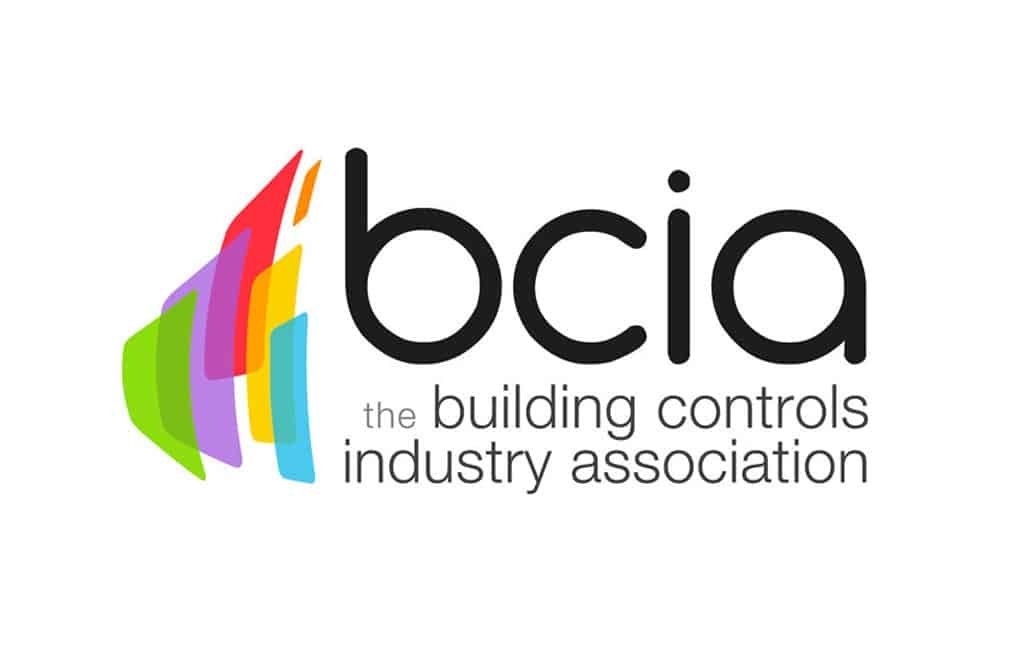BCIA Members’ Conference highlights unique position sector finds itself in
The 2025 Building Controls Industry Association (BCIA) Members’ Conference highlighted a promising future for the building controls and automation sector but illustrated the need for increased engagement and awareness to truly make the most of the incredible opportunities it offers.
Held at the Eastside Rooms in Birmingham on Thursday 1st May, the Members’ Conference saw 75 of the industry’s leading organisations and decision makers in attendance – all taking advantage of the superb networking potential and variety of engaging and thought-provoking talks and debates taking place throughout the event.
Indeed, newly appointed Technical Consultant, Ciaran Kelly, chaired the first panel discussion of the day, focusing on ‘Specifying BEMS and measuring outcomes’. The fascinating debate revealed how value engineering can often hit technology, such as building energy management systems (BEMS), the hardest – especially with it being seen as ‘hard to justify’ and the true value of it often misunderstood.
Furthermore, early engagement and stakeholder input are rarely taken into account, resulting in a mismatch between client expectations and reality. This furthers the need for more consultant and design team engagement.
While BEMS is generally designed for engineers, it does offer the ability to visualise building data and present the opportunity to be used by more than just engineers. With that in mind, education is key to advancement in the industry. The BCIA can connect its members’ wealth of knowledge to the market and drive change early on in project stages.
Ciaran’s lively debate was closely followed by a talk by Marc Watkins, from SFG20, who presented the key findings from the ‘State of Facilities Management’ report. In fact, only 9% of building and estates managers have a 100% accurate asset register, with many not truly understanding the legal and financial implications of not having maintained one.
Josh Steel and Stan Thomas, Chair and Vice-Chair respectively, then spoke about the Young Engineers Network (YEN) and the importance of the members’ young engineers regularly engaging with the activities of the YEN. In addition to helping staff development, it can increase staff loyalty and motivation for employers.
The afternoon portion of the conference saw Jay Parmar, CEO of the Joint Industry Board, discussing whether competency should be an opportunity to gain competitive edge. While it can be challenging, business owners and industry leaders should manage change, not just embrace it.
Indeed, the move towards greater accountability in the construction sector makes skills and competency ever-more important – with ongoing assessment of competence an aspect that sectors will need to have in place. As such, businesses need to start planning for this now.
The conference ended with lively solution board sessions, where members discussed the reassessment of competence and the advantages and disadvantages for businesses and individuals. The groups explored what form reassessment might take and how frequent this should be.
All feedback from the sessions will be integrated into the broader industry consultation the BCIA will lead on for the sector throughout the rest of 2025 and beyond.










